If requested what sort of persona your horse has, likelihood is you may say he’s an alpha, cussed, people-pleasing, nervous, troublesome, easy-going, daring, bombproof, or one different persona trait. You may additionally consider your evaluation is correct due to you acknowledge your horse inside and outside. It’s attainable you might be 100% correct, however you can too be utterly mistaken. How might that be if each time you see your horse, his habits confirms your opinion?
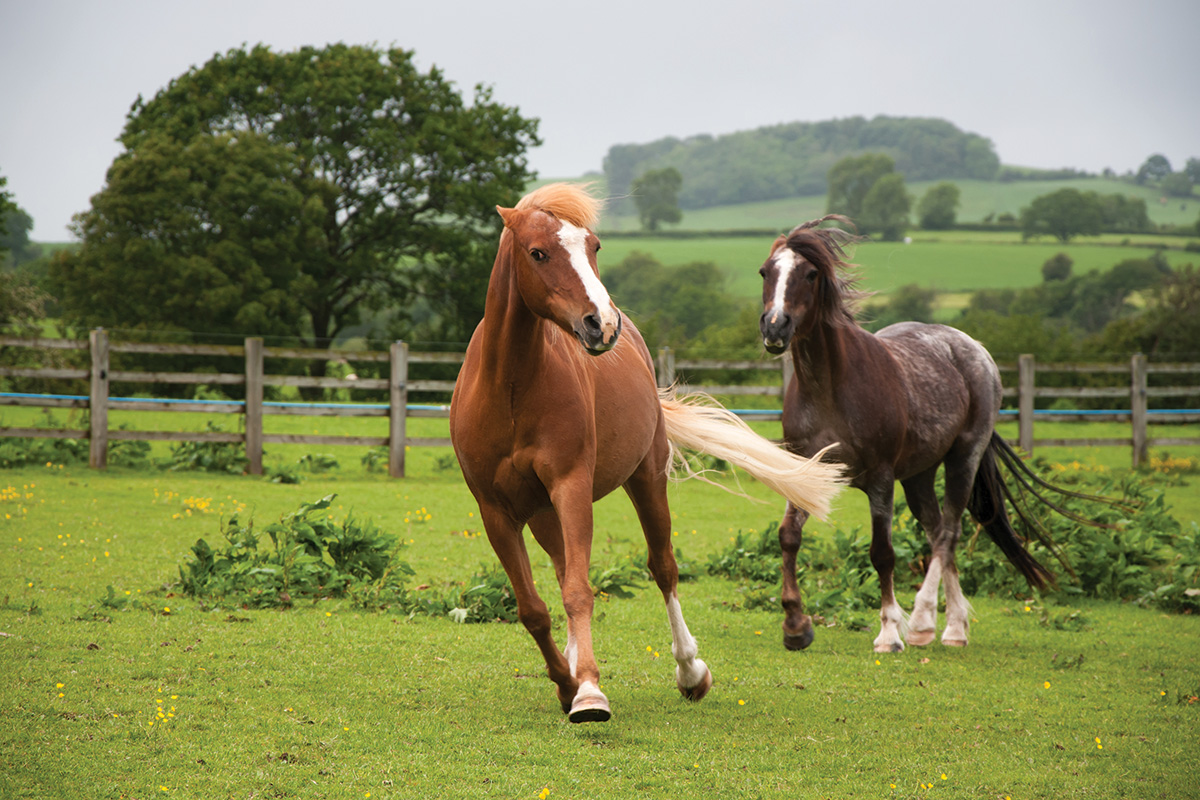
Dictated by Expertise
Character is a hard-wired a part of your horse’s psyche. It’s a composite of genetic traits and inherent traits, together with that particular one issue that makes each horse distinctive.
The issue with personality-typing a horse primarily based completely on his actions (or inactions) is that habits is contingent on expertise. Meaning you’re observing how your horse responds to life versus who he’s on a elementary stage.
As an illustration, let’s say your horse behaves aggressively spherical completely completely different horses. He’s labeled as having a dominant/aggressive persona. We have to look deeper to go looking out the true motivation behind the aggressive habits, paying homage to having poor social abilities, feeling overwhelmed in giant teams, or being bullied earlier in life.
Folks-pleasing, submissiveness, stubbornness, and excitability are completely completely different methods we’d describe equine personalities, when in exact actuality they’re really adaptive coping abilities. Whereas they’re pure responses to emphasize, notably long-term misery, they aren’t a healthful state of being.
Appeasement habits is often misinterpreted as people-pleasing due to the horse avoids disagreeable penalties by making an attempt actually onerous to do what’s predicted of him. Submissiveness isn’t a persona sort, however horses can analysis to behave submissively.
When a horse doesn’t stand up for himself, it may be just because he lacks the motivation to take movement. Take into accounts a horse with a carrot letting one completely different horse take it due to avoiding battle is further fascinating to him than the carrot. One completely different form of submissive habits happens when taking a stand results in a unpleasant conclusion.
Merely as generally misunderstood, a horse labeled as a “cussed” persona could also be reluctant to evolve as a consequence of emotional misery and/or bodily ache. Hoof ache, poor saddle match, and complicated cues are ample to make any horse should shut down and refuse to maneuver.
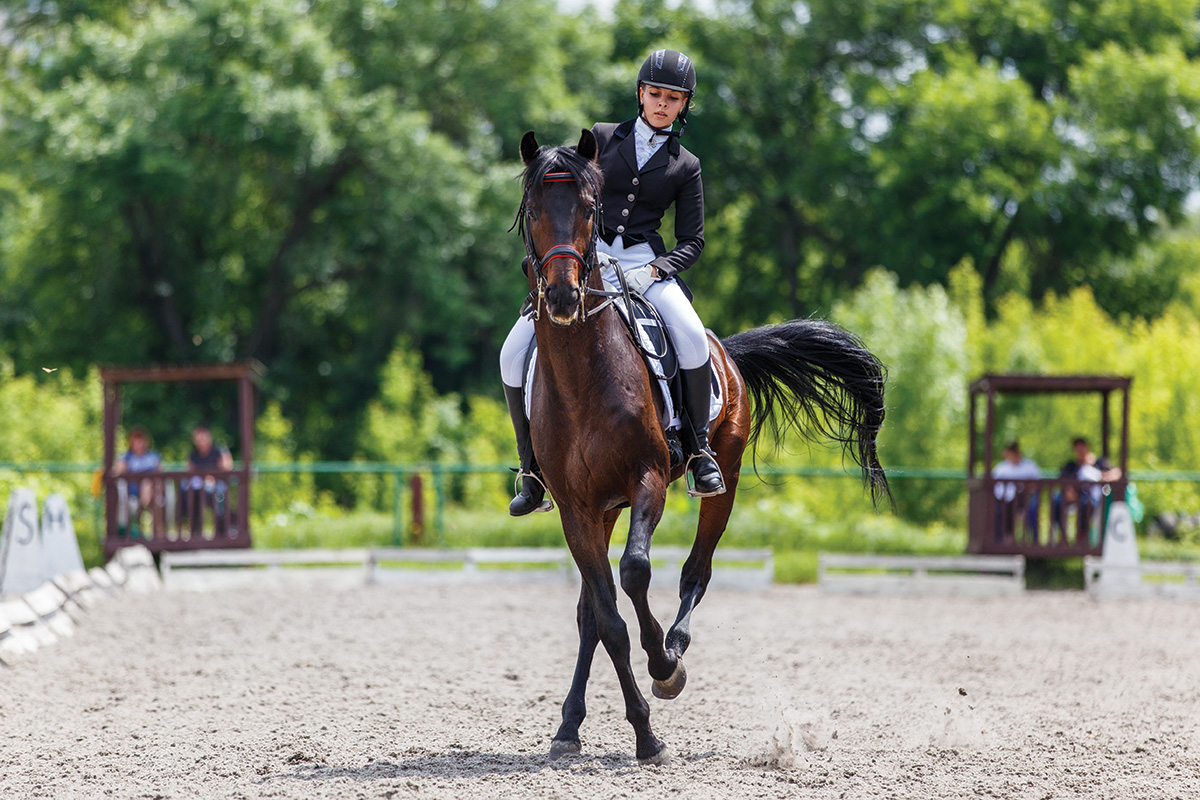
It is advisable look earlier persona to seek out out the forces at work which is prone to be really chargeable to your horse’s actions. You furthermore want to merely accept that you’ll on no account know with any certainty why your horse behaves the easiest way by which he does. You’d need to have the pliability to review your horse’s concepts to know that—a experience most of us don’t possess.
Keep a lid on hypothesis, too. The probabilities are you’ll be improper, and appearing on false assumptions could find yourself in detrimental penalties for you and your horse.
Inquiries to Ask to Decide Causes of Habits
The closest you are going to get to understanding the supply of your horse’s habits is by doing all your complete largest to reply these three questions. (Outcomes are matter to interpretation and fall beneath the class of considerably educated guess.)
1. What carry out does the habits serve?
Goal is on the coronary coronary coronary heart of every half your horse does. The query is, how does avoiding the trailer, refusing to face on the mounting block, pawing the underside at feeding time, or kicking on the farrier get your horse what he needs or wishes?
2. What’s triggering the horse’s habits?
Triggers, moreover referred to as antecedents, set habits in movement. They’re environmental (sights, sounds), inside or exterior bodily sensations (as soon as extra ache, hoof imbalance, girth sores), or connections your horse has made with earlier experiences (associations).
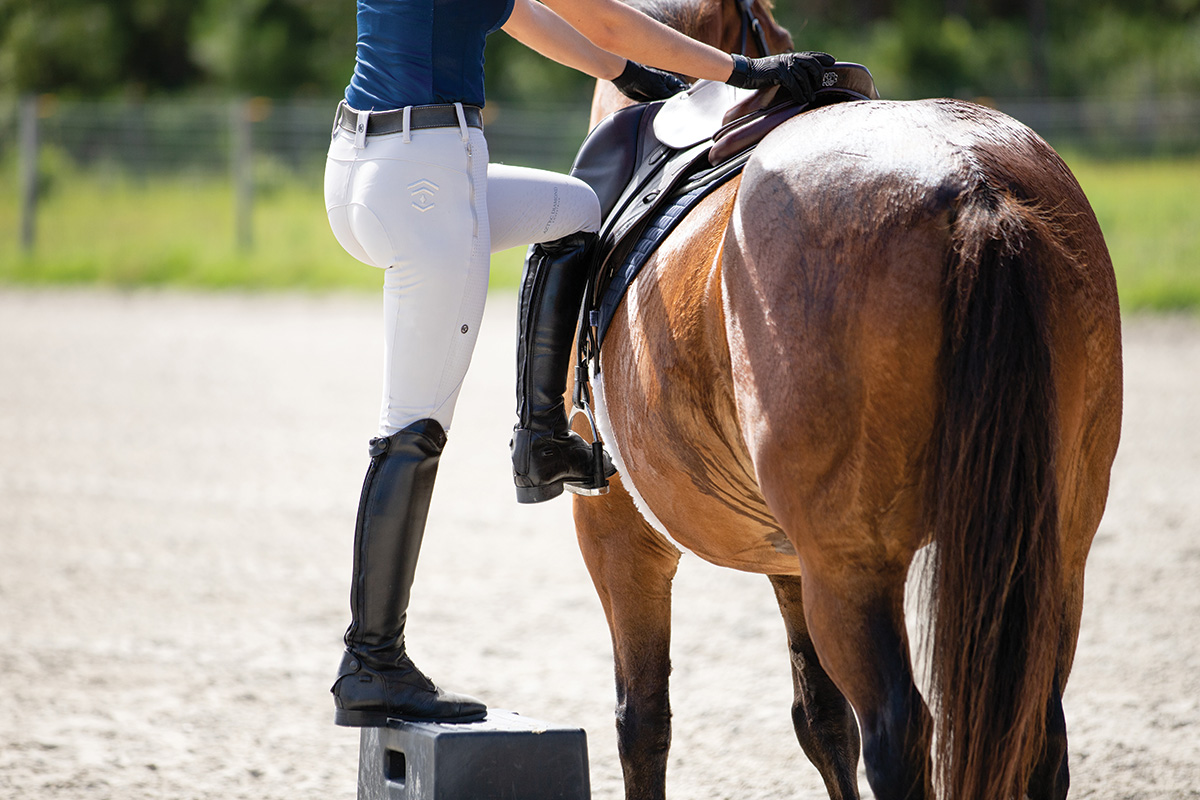
Feelings furthermore perform as triggers, essential motivators, and responses to environmental and/or bodily stimuli. An emotional set off is extra prone to be pleasure about approaching meals that ends in pawing.
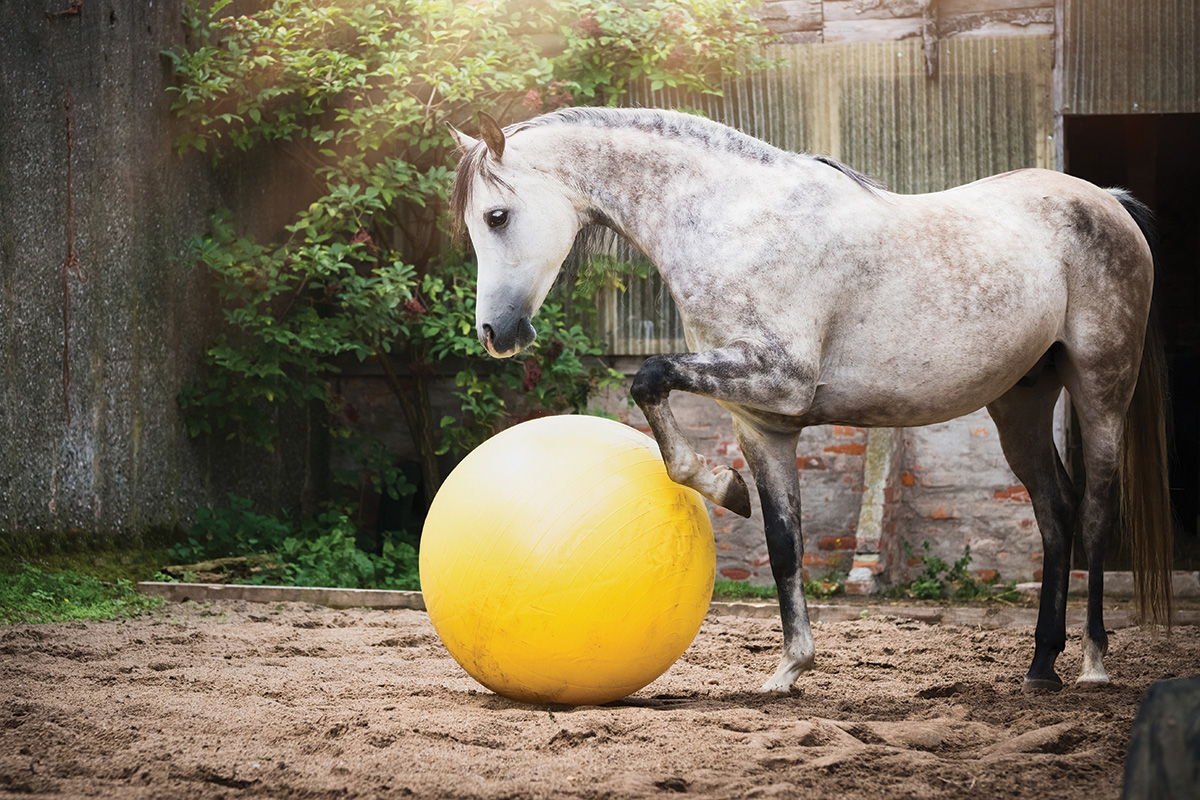
Emotionally charged reminiscences are extraordinarily environment friendly, too. As an illustration, your horse can recall ache from a earlier expertise as he’s being requested to approach the mounting block. The nearer he’ll get, the extra anxious he feels.
His self-preservation instincts take over, and he stops in his tracks—a smart behavioral response (and not at all persona pushed) to the state of affairs.
3. What’s the consequence of the horse’s habits?
Consequence is how your horse feels relating to the end outcomes of a habits. Uncover that, and you’ve got a predictive gadget for a way he would possibly behave ultimately, notably beneath comparable circumstances.
As an illustration, if the consequence of pawing is that your horse will get his bucket, he’s further prone to paw as quickly as further on the following mealtime. Nonetheless, if asking him to raise his left foot has an disagreeable end finish end result, inflicting ache in his appropriate foot, it might probably be no shock if future requests had been met with a no.
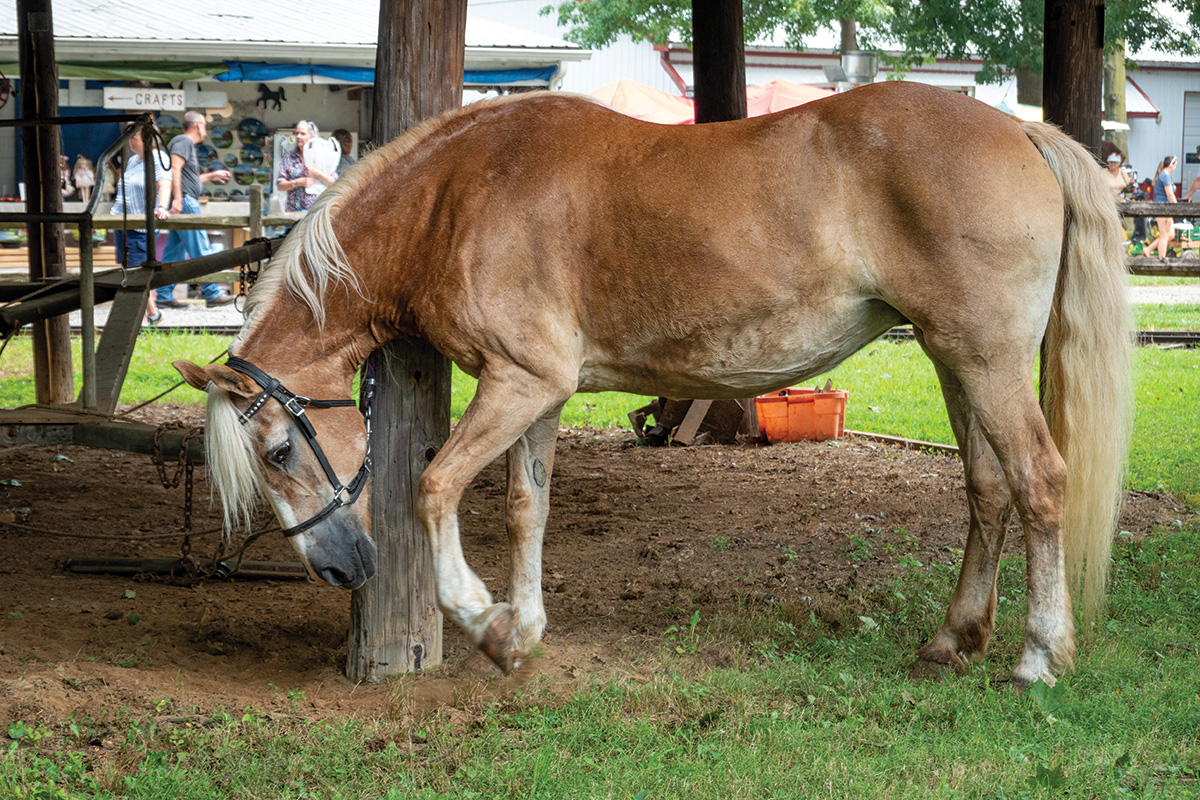
Whenever you perceive your horse’s motivations, you might be better geared as a lot as assist him really actually really feel protected, joyful and let his true persona shine by.
This textual content material about horse habits appeared contained in the March 2023 draw back of Horse Illustrated journal. Click on on on correct proper right here to subscribe!
